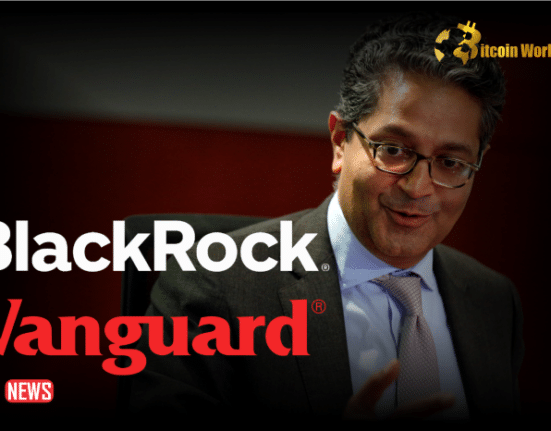Visa’s executive, Akshay Chopra, has unveiled the significant impact of the company’s partnerships with cryptocurrency exchanges, resulting in billions of dollars in payment volume.
During a panel discussion at the Blockchain Economy Dubai Summit, Akshay Chopra, Visa’s Vice President, Head of Innovation and Design, spoke with Cointelegraph reporter Ezra Reguerra. He underscored the pivotal role that Visa cards have played in bridging the gap between traditional fiat currencies and the world of cryptocurrencies in recent years.
Chopra pointed out that despite the growing interest in cryptocurrencies, their use for everyday transactions, such as buying a cup of coffee, remains far from widespread. To address this challenge, Visa forged partnerships with 75 leading cryptocurrency exchanges in 2021, enabling them to issue Visa cards. This initiative opened up a network of approximately 80 million Visa-affiliated merchants, extending the reach of cryptocurrency payments. Chopra revealed:
“In 2021 alone, our efforts in building this bridge, although not widely publicized, facilitated a remarkable $3 billion in payment volume.”
Chopra highlighted this achievement as one of several opportunities for traditional financial institutions to integrate into the broader Web3 ecosystem.
Another area ripe for transformation and innovation through blockchain-based solutions is payment settlement among financial institutions. Chopra noted that existing protocols like the SWIFT payment system have limitations, including operating within fixed timeframes:
“At the end of the day, banks engage in trillions of dollars in transactions with one another. However, there’s a cutoff point where international transactions become impossible. This limitation is a significant inconvenience and also incurs high costs.”
Akshay emphasized a successful pilot project conducted with Circle using USD Coin. This initiative allowed several cryptocurrency exchange partners to settle payments with USDC at the close of each day. He elaborated:
“This method is not only cost-effective compared to traditional approaches, but it also operates 24/7 and represents a leap in innovation. You send the USDC balance, and Visa securely manages the funds on the Ethereum blockchain backend.”
While regulatory challenges remain a hurdle for mainstream financial institutions seeking to embrace blockchain technology and cryptocurrency-based payments, Akshay believes that progressive regulatory environments, such as those found in the United Arab Emirates, have provided more favorable conditions than reactive regulations in countries like the United States.
He noted, “When regulatory frameworks are established, they involve the industry in discussions about its current needs and future prospects, ensuring that regulations are developed well in advance.”
Visa made headlines in April 2023 with the launch of a crypto product roadmap aimed at promoting the adoption of stablecoins and public blockchain payments by mainstream financial institutions. Additionally, the company has committed to investing $100 million in exploring innovative artificial intelligence-powered products and solutions focused on the realms of payments and commerce through Visa Ventures.















